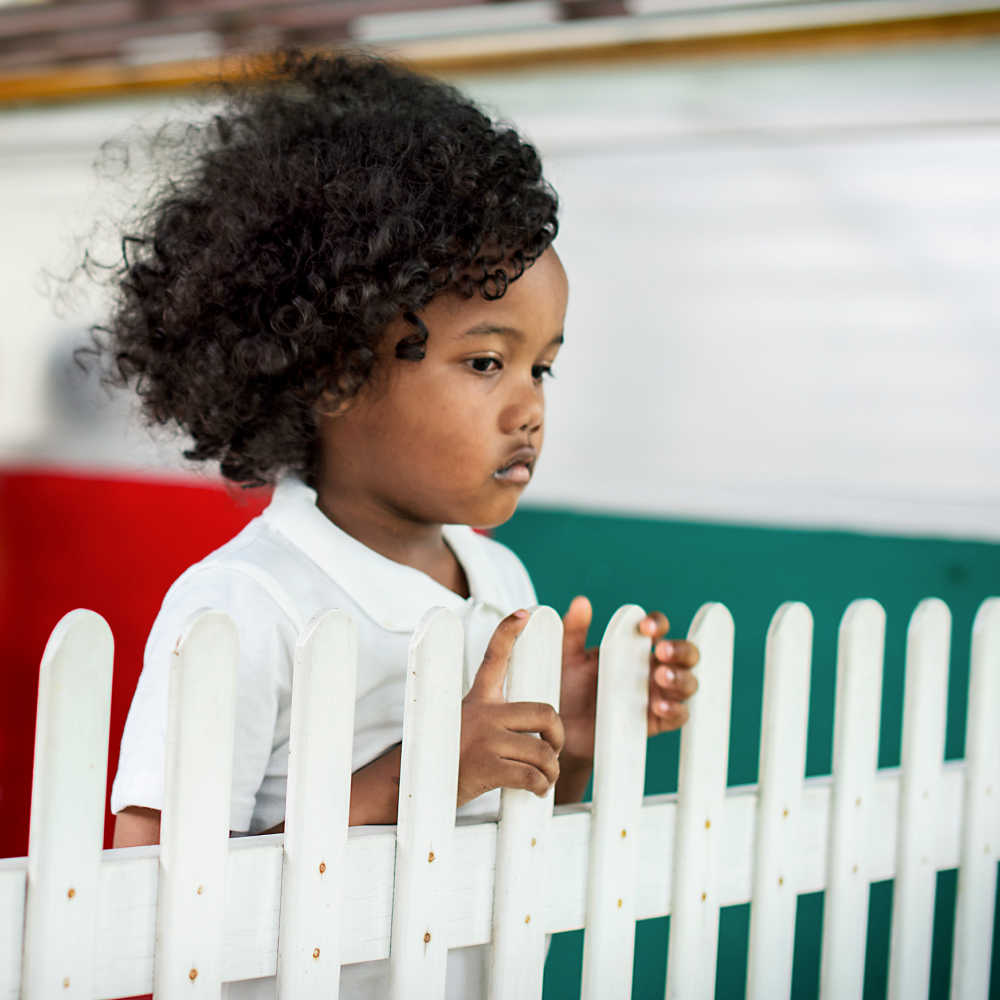
All kids hate school. Right?
Well, no. Not really.
Most kids moan about school. Yes.
AND would rather be in the park.
BUT they don't actually actively hate it.
They don't cry about going.
They don't fein illness to stay home. Or get sent home.
They don't get into trouble over AND over again.
They don't run away from school.
Or have panic attacks at the very thought of it.
Some kids, on the other hand, do.
Some Kids Really Hate School
These are the kids who really don't like school
And who really get us parents worried.
Is there something wrong ...
- With the school?
- With a teacher?
- With other kids? Bullies?
- With our own child?
Should we talk to the school?
Or to other parents? Or a counsellor?
Should we change school? Home school? Unschool?
Will they grow out of it?
Possibly.
But our starting point has to be that there ARE good reasons for some kids to hate school.
Yes, really.
AND I know that for certain.
BECAUSE I was one of those kids!
My Personal Struggle With School
Now don't get me wrong.
I think education is wonderful. Books and learning rock.
I went to college.
BUT I always struggled at school.
Not with the work itself.
But with the being in the right place at the right time. AND bringing the right things in. AND getting things done when they were due. AND remembering what I was told.
AND the constant switching from one thing to another.
AND the noise. ALWAYS the noise.
OF so many people ALL day long.
For me, the very fundamentals of a school were stressful.
Being in a classroom. With lots of other people. Following a frequently changing timetable. Concentrating on a collective activity rather than the world in my head. All day long. It was all hard.
I was just NOT wired for school's demands.
And in different ways a good number of children aren't.
AND there are good reasons for these kids to find school hard.
The Good Reasons Some Kids Hate School
There's so much we take for granted about schools.
Classes. Classrooms. Timetables. Desks.
BUT for some kids they ARE problematic:
- Very high energy kids find sitting still painful.
- Kids who live deep in their own world find frequent transitions between subjects stressful.
- Kids who struggle with noise find classrooms deafening.
- Kids who think outloud find enforced silence alien.
- Kids who think with their hands feel silenced by the monopoly of the pen.
And although most kids will tick those boxes to a certain extent.
Some kids - us outliers - experience these aspects of school as severe stress.
And typically respond to the stress with coping behaviour that is obviously problematic for teachers trying to juggle the needs of 30 different kids.
AND so a vicious circle is created.
The Vicious Circle of School Stress
The stressed fidget runs round more. The stressed talker can't shut up. The stressed day dreamer withdraws further into their own little world and connects less and less with what's going on.
And they are judged for it. They have to be.
Their behaviour is a problem for the needs of the school as a whole.
BUT it then becomes harder and harder for kids to break the cycle.
As a kid I felt like a failure BECAUSE I found school hard in ways other kids didn't.
I blamed myself. And that's a horrible trap to get into.
My sense of failure made me MORE anxious about school.
So I withdrew MORE because that's my instinctive response to anxiety!!!
SO how on earth - as parents - do we help these kids who struggle with schools as they are?
And keep them out of that vicious circle of school stress.
WITHOUT condoning behaviour that may be self-destructive or hurtful to others?
Helping Kids Who Hate School
Well, firstly by providing balance at home.
And celebrating and acknowledging what we're doing.
SO our kids understand their needs - unmet by school - ARE legitimate.
Which means, in practice, IF you've got: ...
... an introvert drained by 7 solid hours of other people, give them big chunks of shutdown time;
... a high energy kid, prioritise free time outdoors in your family calendar every day;
... a talker, clear time every day to properly sit and chat and chat and chat;
... a manual thinker, share a practical skill daily with all the focus we give to reading;
... an obsessive, get down deep with them and help them master everything about that one thing.
And I KNOW, I KNOW. It IS hard.
We are all juggling so much. Too much. In our crazy fast world.
BUT we can't expect kids who fundamentally find school hard to just suck it up.
Everyday.
Without consequences. For our kids. AND our families.
AND meeting these legitimate needs at home, actually help us champion them at school.
Shaping Schools To Help All Kids Flourish
For some children and families, home schooling may be the answer.
But for many of us it's not possible or desirable.
SO we do need to be involved in shaping schools to help all kids flourish.
AND there are VERY simple changes our schools can make that will actually help ALL kids.
But especially us outliers who find school most hard ...
- Play time BEFORE school - this could be organized games or just 30 minutes run around in the playground before lessons. This can be life changing for high energy kids who struggle to sit still.
- Quiet time & spaces - providing time and space for introverts to shut down during the day FREE from the relentless pressure to socialise.
- Skilled crafts in the curriculum - make sure there is time every week for children to become fluent in a specific manual craft. Just a small consistent slot will make a BIG difference.
- Personal projects - time in the curriculum for development of one deep obsessive interest
- Reward for rhetoric - dedicating time to deep aural and rhetorical language skills as well as reading and writing speeds the cognitive development of those who struggle with the latter
Schools are under so much pressure these days.
BUT these can be tiny tweaks to the day that enhance all kids behaviour.
And really nurture the kids who struggle most.
And THEY need that nurturing BECAUSE their challenges DO NOT end with school!
Life Long Nurturing
Schools today obviously reflect the organisation of the adult world.
And particularly work.
So kids who fundamentally struggle with school, may also struggle with employment.
Helping kids early to acknowledge AND value their deep needs - to move, to think with their hands, to talk, to obsess, to categorise, to be alone - can help them identify work that will work for them.
For many, sedentary, white collar jobs in large institutions will be a disaster.
We can help them by exploring less conventional paths to rewarding work and making sure we don't tunnel vision our kids into a college conveyer belt that may be wrong for them.
A physically active, skilled craft, caring or solitary job may be a far better way for them to be true to AND truly happy in themselves.
If your kids are unhappy with school, I do hope this helps a little.
I would love to hear your experiences.
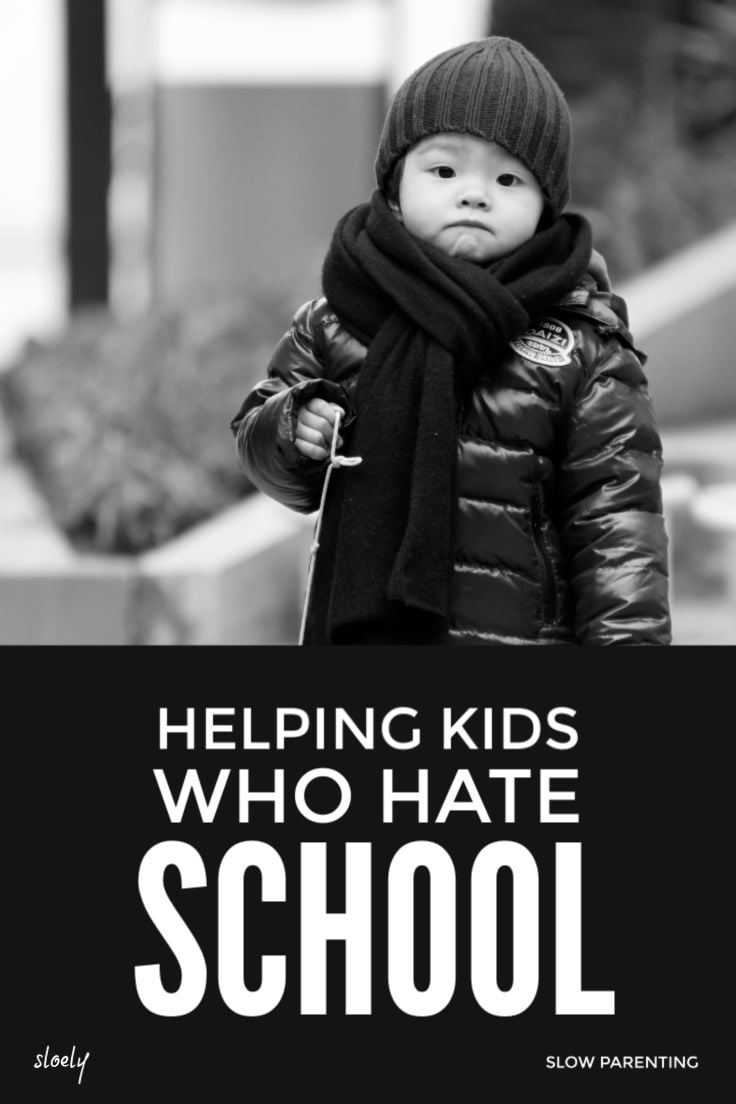
Original image sources : boy girl
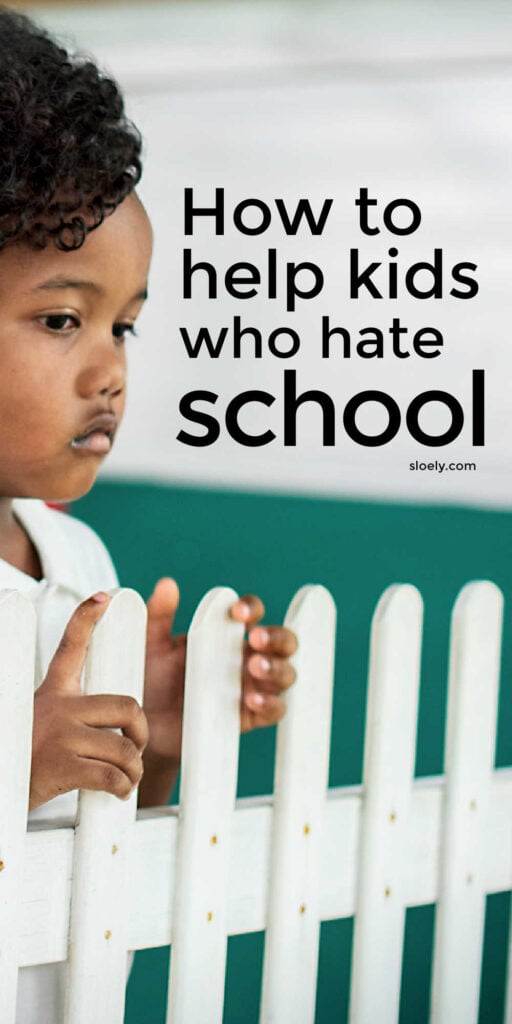

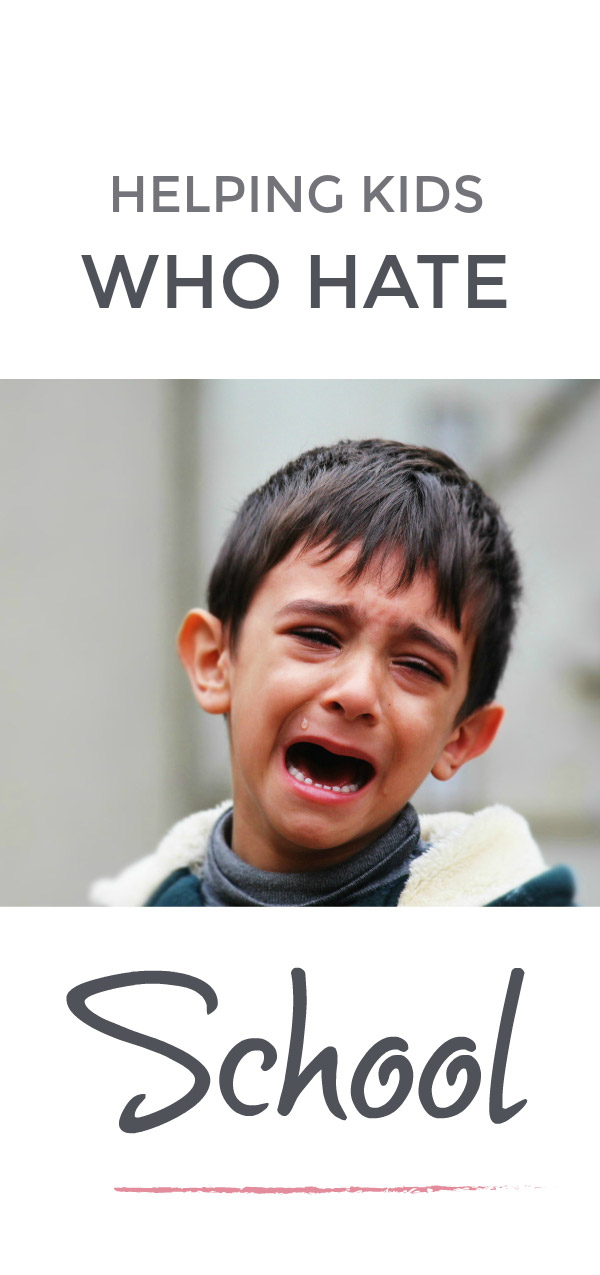
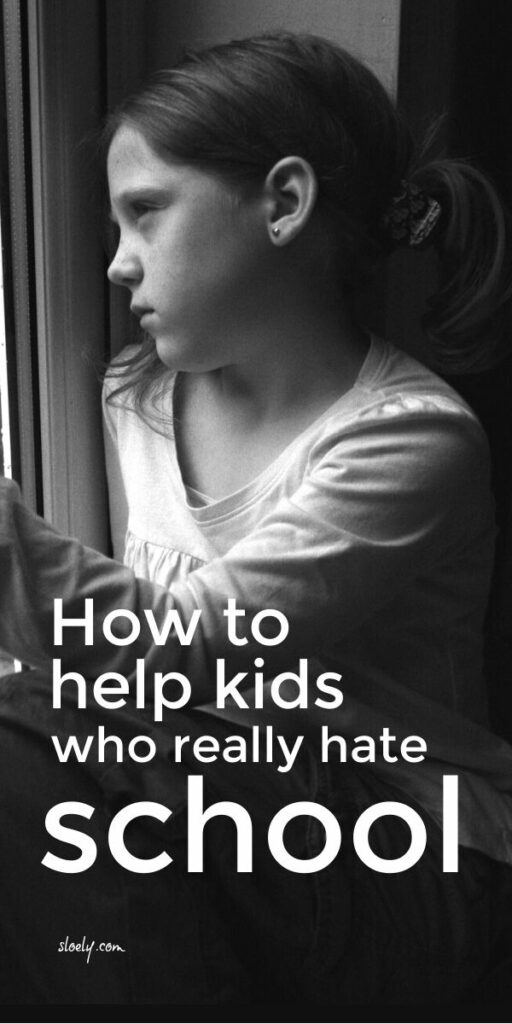




Holly Shrum says
My 11 yaer old son has autism spectrum. My 13 year of old daughter has spectrum of autism and gets upset very easy (agnizity). I don't know how to help them or what to say to help them. I am not sure what to do? Help me please.
Alice says
I am so sorry to hear you're struggling Holly. Can I suggest you have a look at the https://koriathome.com/ blog. Kori, like you, has children on the autism spectrum and has lots of really honest, practical, heartfelt suggestions based on her own experiences of caring for children with autism. I do hope it helps, best wishes Alice x